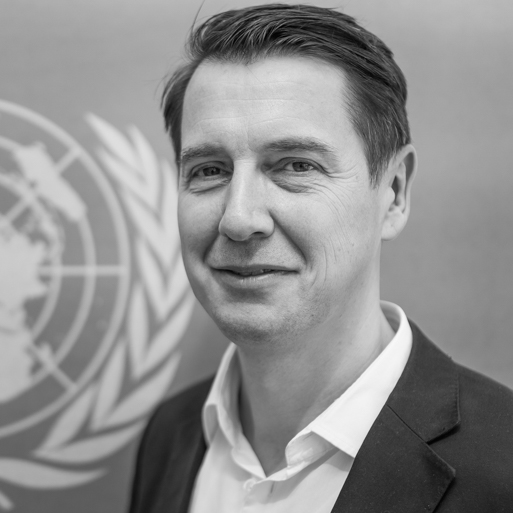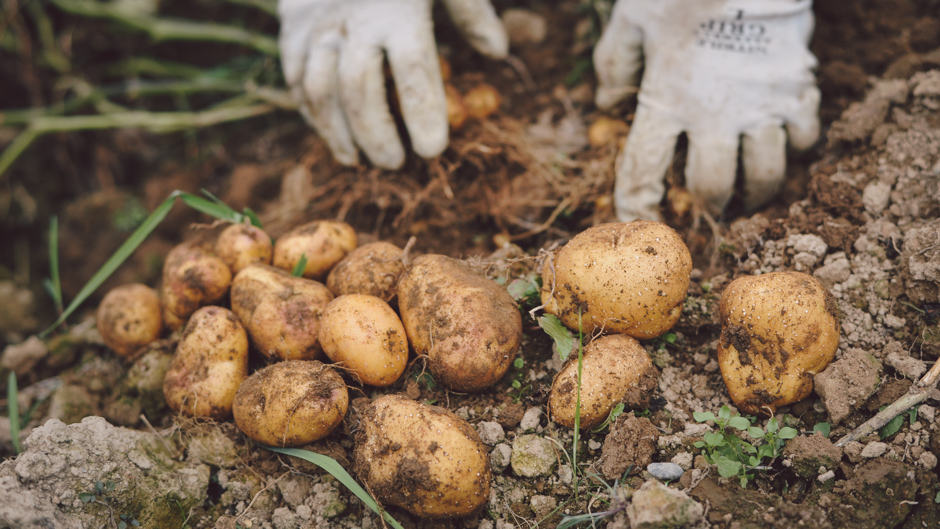Sustainable Development Goal 2

Zero Hunger
Nearly 800 million people worldwide experience extreme hunger and malnutrition, snaring them in a cycle of low productivity and disease that creates a major barrier to human progress and sustainable development. Ending hunger by 2030 is not just a matter of providing food to populations in need. It will require significant investments in rural and urban food systems to expand sustainable agriculture, improve health support, and to build durable distribution networks.
Our work to improve food and feed production for humans and livestock in Africa is helping to secure livelihoods, enhance socio-economic status, and improve rural economies. And in the face of climate change, diminishing soil productivity, and growing water scarcity, we are leading innovative efforts to improve resource access for farmers through the safe use of wastewater in agriculture.
FEATURED EXPERTS

Kai Schwärzel
OFFICER-IN-CHARGE, UNU-FLORES
“How we use soil and water determines how well we can feed and provide water for our communities. I am passionate about improving land, soil, and water resources to boost food production for a growing world.”

Hiroshan Hettiarachchi
ACADEMIC OFFICER, UNU-FLORES
“We are in the 21st century, but one in nine of us still do not get enough to eat. Through my current work on the safe use of wastewater in agriculture (SUWA), I strive to be part of the solution. SUWA is a cost-effective alternative for providing the water and nutrients needed for agriculture.”

Nyasha Tirivayi
RESEARCHER, UNU-MERIT
“Although there is enough food to feed the world, over 800 million people go hungry each day. I want to help the global effort to eradicate hunger and malnutrition. My research at UNU examines the role of humanitarian, social, and agricultural programmes and innovations in alleviating hunger and improving the nutrition of vulnerable populations.”

No comments:
Post a Comment